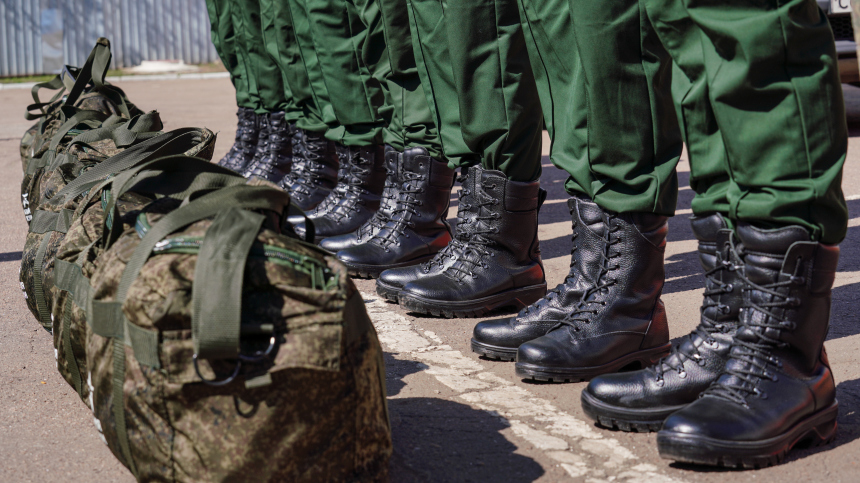Historic Floods Devastate Central Europe, Prompting Mass Evacuations
Countries like Czech Republic, Poland, Austria, and Romania are bracing for unprecedented floods and storms, mobilizing emergency services and placing regions on high alert.
Published September 15, 2024 - 00:09am

Image recovered from irishtimes.com
Central Europe is currently grappling with severe weather conditions, manifesting as torrential rains and unprecedented floods, leading to mass evacuations and significant property damage. Countries such as the Czech Republic, Poland, Austria, and Romania are among the hardest hit, with local authorities declaring states of emergency and deploying comprehensive flood defenses.
In the Czech Republic, the historic city of Prague is on high alert as forecasters predict extreme rainfall. The city has been reinforcing flood barriers in anticipation of potential overflows from the Vltava River. Mayor Bohuslav Svoboda said anti-flood measures are being taken to prevent a repeat of the catastrophic floods experienced in 2002. Local water management authorities have preemptively started to empty upstream reservoirs.
The eastern parts of the Czech Republic are expected to endure the heaviest rainfall, with weather forecasts suggesting that these regions could see more than a third of their annual rainfall within just four days. The Elbe, Danube, and Oder rivers are particularly at risk, potentially causing downstream issues in Slovakia and Germany. Several cultural events and sports matches have been canceled as a precautionary measure.
Similarly, in Poland, the southern city of Wroclaw has canceled outdoor events. The Morava River's rising water levels have led to the search for potential spillover areas to mitigate flooding impacts. Polish Prime Minister Donald Tusk assured that emergency services are prepared for localized flooding. A severe weather warning has been issued, with meteorologists recording significant precipitation that exceeds historical records set during the 1997 millennium floods.
Austria is also bracing for similar weather disruptions. The country has declared several areas as disaster zones, particularly in the Wachau Valley, where the Danube River is expected to reach levels associated with significant historical floods. The Defense Minister has suggested that up to a thousand soldiers may be mobilized to assist local firefighters. Flood defenses are being hastily erected, and travel advisories have been issued to warn against visiting affected regions.
In Germany, localized flooding has already begun in various regions, particularly in Saxony and Bavaria. The German Weather Service (DWD) is forecasting ongoing severe weather, with existing infrastructure being closely monitored for overflow risks. In Dresden and surrounding areas, authorities are working to fortify partially collapsed structures and prepare for the expected flood crest later in the week. Emergency services have been filling sandbags and deploying barriers to protect key areas.
Romania has reported some of the most severe impacts, including multiple fatalities due to sudden flooding in the eastern part of the country. At least five people have died, with significant evacuations taking place in the most affected regions. The Romanian government has deployed 200 firefighters and a military helicopter to aid in rescue efforts. Inhabitants, particularly the elderly, have faced severe challenges as floodwaters rise to hazardous levels.
The floods have left tens of thousands without power in various regions. In the Czech Republic alone, over 60,000 households are without electricity, largely due to fallen trees and damaged power lines. The situation in Poland is similarly dire, with many residents being evacuated as rivers surpass their banks and submerged homes leave inhabitants stranded. Emergency responders, including firefighters and police, are active in rescue operations. The mayor of Jarnoltowek, Poland, has ordered the evacuation of residents under immediate threat from overflowing reservoirs.
Despite the dire forecasts and escalated emergency responses, officials remain cautiously optimistic that timely interventions can mitigate the worst impacts. Czech Prime Minister Petr Fiala emphasized the importance of preventive measures, while authorities across the affected regions strive to ensure the safety of residents. As Central Europe continues to face these severe weather conditions, the resilience of its infrastructure and emergency services is being tested to the limit.








